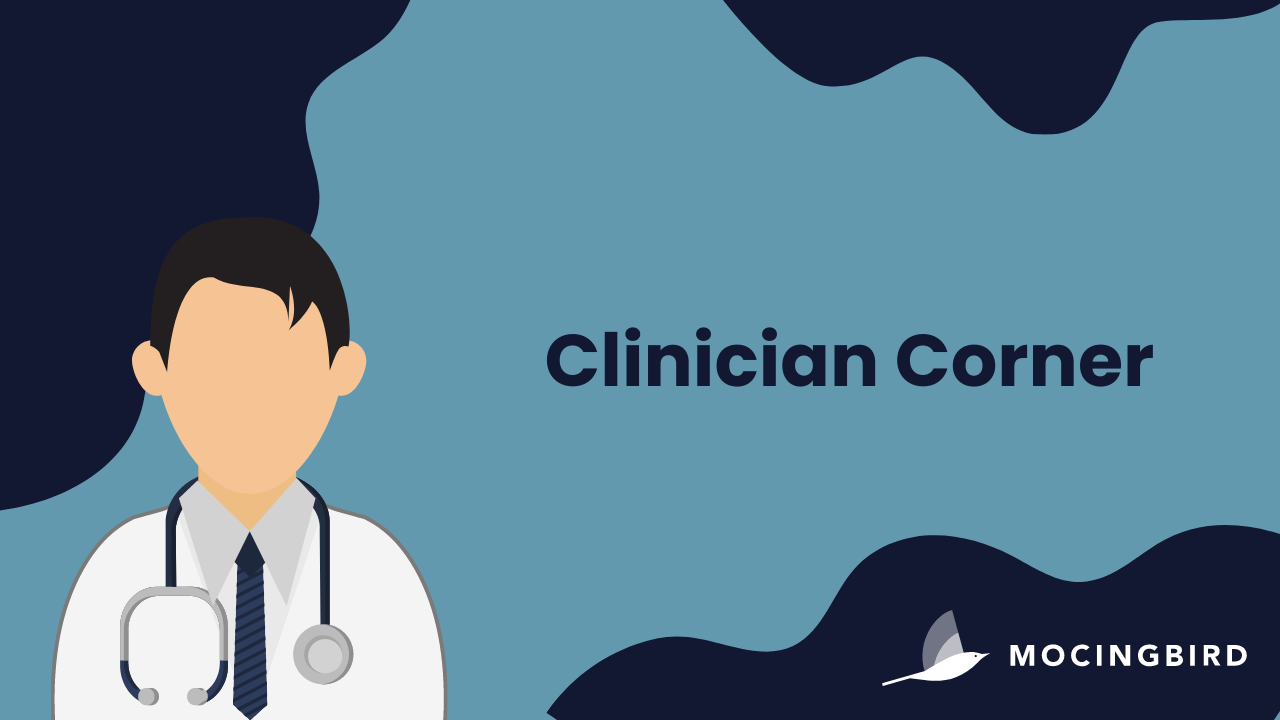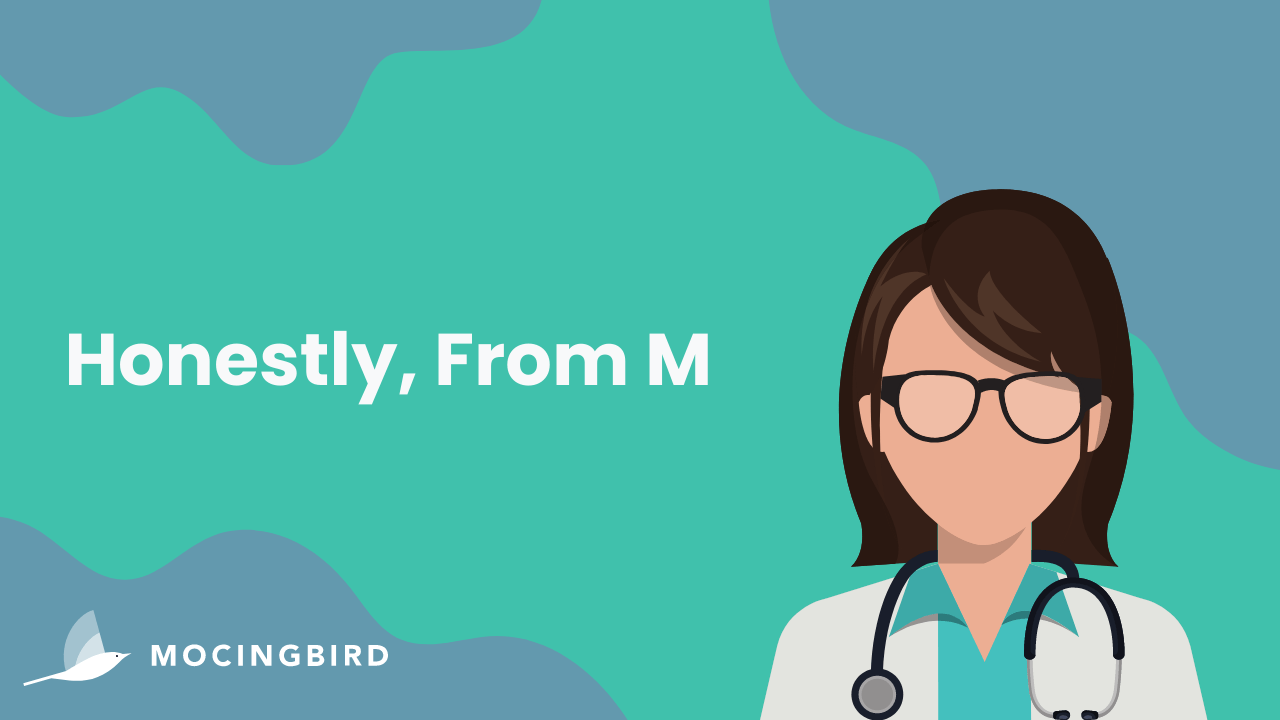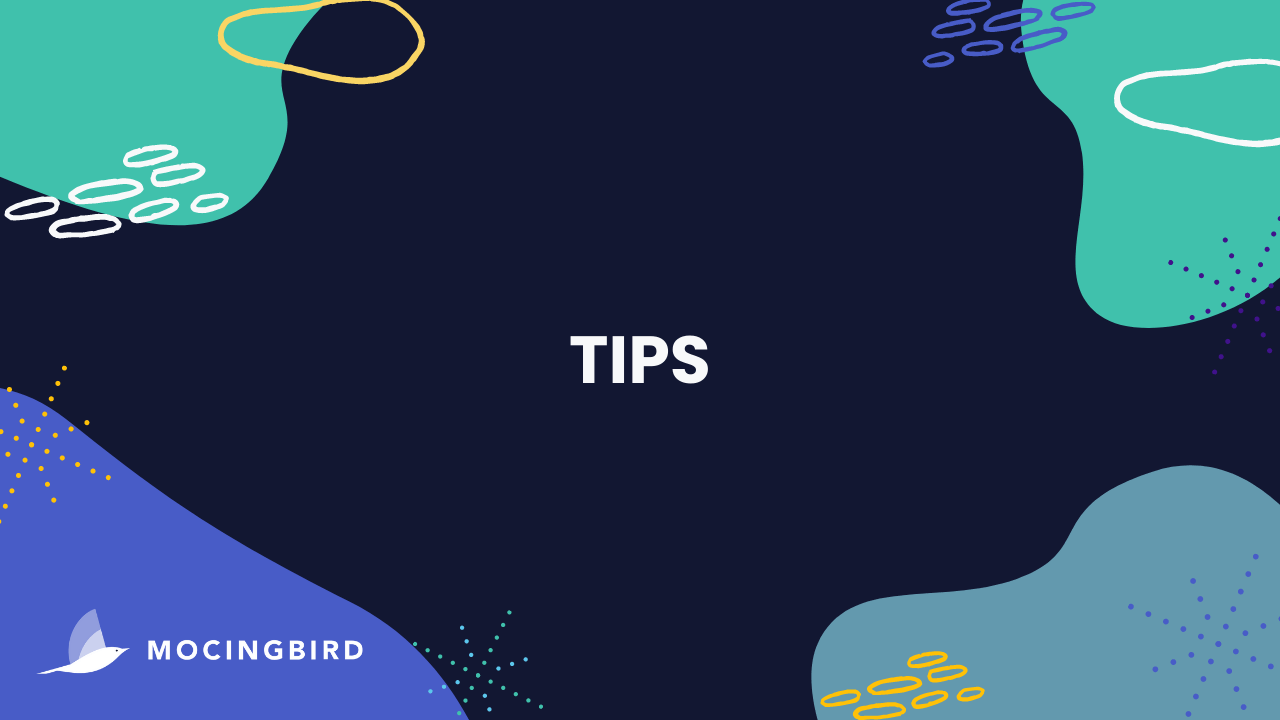Written by Dr. Meredith Fisher-Corn, MD, Editor-in-Chief at TheAnswerPage.com
Are you able to answer your patient’s medical marijuana questions? Well, if your answer is ‘no,’ you are definitely not alone. As reviewed in a recent Forbes article, “a study of more than 400 health care professionals has revealed that most physicians lack knowledge of medicinal cannabis, with 65% saying that they have been asked about medical marijuana as a treatment for chronic pain but were unable to answer their patients’ questions” (1). Also, a recent systematic review of healthcare professionals’ “cannabis knowledge” reported “there was a unanimous lack of self-perceived knowledge surrounding all aspects of medicinal cannabis” (2). These findings do not surprise me at all. As the Editor-in-Chief of the medical education website called TheAnswerPage.com for nearly two decades, I have assessed multiple educational gaps in the healthcare community. During my tenure, I have found the medical marijuana educational gap to be one of the most significant educational gaps that impacts a very broad range of healthcare providers. In fact, from pediatricians to geriatricians, I cannot think of any medical practitioner that does not need to be well informed about the endocannabinoid system and cannabis-based therapeutics.
Since 2012, TheAnswerPage.com has addressed the immense need for unbiased evidence-based high quality education focused on the endocannabinoid system and medical marijuana. We provide free educational resources, including ‘The Answer of the Day,’ a daily question and answer email that reviews the medical marijuana articles published in the peer-reviewed medical journals. In addition, TheAnswerPage.com offers multiple accredited continuing medical education (CME/CE) marijuana courses for doctors, nurses, nurse practitioners, pharmacists, psychologists, and dentists, so that they can guide their patients on the use of cannabinoid-based therapeutics and can best manage their healthcare. If patients do not receive well-informed guidance about medical marijuana, it is unlikely that they will be able to maximize the benefits of the medical marijuana and simultaneously minimize the risks and complications associated with this medicine. In addition, if clinicians are not well informed about the health effects of cannabinoid-based products, clinicians will not be able to optimally treat their patients.
In November 1996, California became the first state to legalize the use of medical marijuana, and now 25 years later, more than 70% of the US population resides in a state or territory with medical marijuana laws in place, and there are nearly 5.5 million medical marijuana patients nationwide. Considering the remarkable growth of the medical marijuana patient population, one would expect that the availability of unbiased peer-reviewed medical marijuana educational offerings would increase to meet the needs of the healthcare community. Unfortunately, this did not occur. Thus, an educational gap developed, creating a less than ideal situation for medical marijuana patients. So, why did this educational gap develop? Medical marijuana, unlike every other legal medication in the US, has been legalized by the vote of the public and the work of policymakers. In most cases, state medical marijuana legislation was passed without input from individual medical professionals or the medical community. As a result, state medical marijuana rules and regulations have focused on the demands of the public without putting significant emphasis on the scientific data or the ability of the medical community to support and care for medical marijuana patients. For example, most, if not all, states have legalized the use of medical marijuana to treat specific health conditions for which there is no or only poor quality clinical evidence of efficacy and safety. Furthermore, the laws do not consider the level of “cannabis knowledge” of the healthcare provider community; a few states do have a mandated continuing medical education requirement for the clinicians recommending medical marijuana and for the pharmacists who work in the medical marijuana system, but no state medical marijuana laws require ALL healthcare providers (including doctors, nurses, pharmacists, psychologists, dentists, etc..) to take a medical marijuana course that reviews the endocannabinoid system and the therapeutic use of marijuana. Consequently, most clinicians are not familiar with the modes of administration and the pharmacodynamics/ pharmacokinetics of each mode, drug interactions, the different medical marijuana products (pills, flower, tinctures, topicals, etc..), the components of the cannabis plant (phytocannabinoids, terpenes, and flavonoids) and the health effects of cannabinoid-based therapy in the various patient populations.
According to state laws, in order to purchase medical marijuana products, a patient must first obtain a recommendation (not a prescription) for medical marijuana from a clinician and enroll in the state medical marijuana program. Most often the recommending clinician is not the patient’s primary care provider, oncologist, neurologist, pain specialist, psychiatrist or gastroenterologist. It is a provider that the patient sees once or maybe twice, and there’s no mandatory follow up with the recommending clinician. After purchasing the medical marijuana, patients often decide to initiate therapy without informing their physicians or enlisting help from their physicians due to fear of being stigmatized and/or due to a lack of trust in their physician’s knowledge and ability to incorporate marijuana into their medical treatment (3). The inability of most clinicians to safely and effectively treat medical marijuana patients is well documented in the medical literature. As recently as December 2021, the medical literature reports a common theme - ‘healthcare provider education on the endocannabinoid system and medical marijuana therapeutics is greatly needed’:
“Numerous studies in countries such as Canada, which have a national mandate for cannabis availability, as well as the USA, have shown that our providers, be they attending physicians, physicians in training, advanced practice nurses, pharmacists, or physician assistants, are ill prepared to counsel and utilize cannabis products in our patient populations” (4).
“As more states loosen their legislation surrounding marijuana use, health-care providers are increasingly expected to advise patients regarding its potential health benefits and safe use. Despite the growing public interest, medical teaching and training at the medical school and post-graduate levels are widely lacking” (5).
“Medical Marijuana (MM) use is increasing, requiring healthcare professionals, such as dentists, to increase their working knowledge of MM. Previous studies have indicated that MM education is lacking in current healthcare education…Practical Implications: The findings of this survey suggest more MM education and research is needed — statements with which the majority participants of this study have explicitly and strongly agreed” (6).
“However, most physicians experience a lack of knowledge of beneficial effects, adverse effects and of how to advise patients” (7).
So, who provides the necessary medical guidance to patients who qualify for medical marijuana? Who monitors their health and the long-term effects of the marijuana therapy? Many patients manage their own medical marijuana therapy and base their medical marijuana usage on internet websites, which may or may not be providing evidence-based information or safe guidance, and many medical marijuana patients follow the advice of family members and friends, who might not have any clinical training. Other patients rely on directions from budtenders (the dispensary workers who sell the marijuana products to patients). Some patients put faith in anecdotal reports or the encouraging results of observational studies, but anecdotal reports and observational studies are not double blind randomized controlled clinical trials and do not prove that a treatment is or is not effective. Results of an observational study merely suggest an association between a therapeutic agent or an event and an outcome. Other patients do read through the scientific literature, but might not know how to interpret the results of studies, and they may apply findings from preclinical studies to their medical care.
Unfortunately, in some instances, the actions of misguided medical marijuana patients further compromise their health. For example, according to a recent study published in Cancer, 49% of the surveyed breast cancer patients who use medical marijuana believed that the marijuana could treat the cancer, and there have been multiple reports of patients actually substituting FDA-approved chemotherapeutic agents with marijuana products (8). Although there is clinical evidence that some cannabinoids ameliorate chemotherapy-induced nausea and vomiting, and may improve the sleep and decrease the pain of cancer patients, medical marijuana has not been found to cure cancer in humans, at this point in time. Another example of how the actions of misguided patients may further compromise their own healthcare involves the use of cannabinoids to treat inflammatory bowel disease. Some ulcerative colitis and Crohn’s disease patients use marijuana to relieve pain/discomfort and decrease GI motility/diarrhea. And, for some, that marijuana therapy may work to relieve symptoms, but endoscopic examinations have not shown that cannabinoids decrease the progression of disease. Unfortunately, some patients may be falsely reassured that their condition is in remission and believe that it is safe to postpone a colonoscopy. Furthermore, if the healthcare provider is unaware of the patient’s marijuana therapy and/or is not knowledgeable about medical marijuana’s effects on inflammatory bowel diseases, the healthcare provider may be under the impression that the prescribed therapy is effective.
Practical Implications: Regardless of your field of medical practice or whether or not you recommend medical marijuana, there’s a high likelihood that some of your patients use cannabinoid-based products, including CBD. Thus, you should be well-informed of the health effects of cannabinoid-based products; it’s the only way that you will be able to openly and effectively communicate with your patients about the cannabinoid therapeutics they are utilizing (or considering) and about the recommended therapies they may choose to replace with cannabinoids. A patient’s healthcare management plan needs to be the result of a well-informed shared decision making process.
- Herrington AJ. Study Shows Most Physicians Lack Knowledge Of Medical Cannabis. Forbes. Nov 24 2021. https://www.forbes.com/sites/ajherrington/2021/11/24/study-shows-most-physicians-lack--knowledge-of-medical-cannabis/?sh=3a79787b94e6
- Gardiner KM, Singleton JA, Sheridan J, Kyle GJ, Nissen LM. Health professional beliefs, knowledge, and concerns surrounding medicinal cannabis - A systematic review. PLoS One. 2019;14(5):e0216556. Published 2019 May 6. doi:10.1371/journal.pone.0216556
- Holman A, Boehnke K. Tackling the taboo: a sensible prescription for appropriate cannabis use in fibromyalgia. Pain Management. No 2021. Issn 1758-1869.
- Zimberg S. Medical Marijuana: An Overview for Obstetricians/Gynecologists. Journal of Clinical Gynecology and Obstetrics, North Amer, 0 Nov 2021. Available at: https://www.jcgo.org/index.php/jcgo/article/view/757/479 Accessed 05 Dec. 2021.
- Le-Short C., Narouze S.N. (2021) The Demand for Medical Cannabis Education. In: Narouze S.N. (eds) Cannabinoids and Pain. Springer, Cham. https://doi.org/10.1007/978-3-030-69186-8_3
- Szyliowicz D. Survey of Medical Marijuana Knowledge and Attitudes In a Dental School. University of the Pacific Publication 2021. https://scholarlycommons.pacific.edu/faculty-showcase/fall-2021/events/21/ -Accessed December 5, 2021
- Rønne ST, Rosenbæk F, Pedersen LB, et al. Physicians' experiences, attitudes, and beliefs towards medical cannabis: a systematic literature review. BMC Fam Pract. 2021;22(1):212. Published 2021 Oct 21. doi:10.1186/s12875-021-01559-w
- M Weiss et al. A Coala-T-Cannabis Survey Study of Breast Cancer Patients’ Use of Cannabis Before, During and After Treatment. Cancer Oct 2021. https://acsjournals.onlinelibrary.wiley.com/doi/epdf/10.1002/cncr.33906
About the Author
Meredith Fisher-Corn, MD is a board-certified physician specializing in anesthesiology, perioperative and pain medicine. She received a Bachelor of Science in biomedical engineering from Duke University School of Engineering and a Medical Degree from the Mount Sinai School of Medicine. Following an anesthesiology residency and fellowship at Brigham and Women’s Hospital, Harvard Medical School, she was an attending anesthesiologist at Women and Infants Hospital, Brown University Medical School.
Since 2009, Dr. Fisher-Corn has served as Editor-in-Chief of TheAnswerPage.com
In 2016, Meredith Fisher-Corn, MD was named “Medical Professional of the Year” by the Americans for Safe Access in Washington DC.
Meredith Fisher-Corn, MD, along with Stephen B. Corn, MD, are the 2017 recipients of the International Association for Cannabinoid Medicine “Special Award for Major Contributions to the Reintroduction of Cannabis as Medicine.”
About TheAnswerPage:
TheAnswerPage is a medical education resource that has been providing the highest quality accredited education to the healthcare community for over two decades. Awarded in the US and internationally, TheAnswerPage is now a recognized leader for providing comprehensive education on the endocannabinoid system and medical cannabis, pain medicine, and opioid prescribing practices.
TheAnswerPage creates tailored medical cannabis educational programs for Departments of Public Health, state medical societies, hospitals, and medical schools.
TheAnswerPage is the only education company where the Founding Editor-in-Chief and Editor-in-Chief trained and served together with distinction at Harvard Medical School and their affiliated teaching hospitals, and have both been the recipients of numerous awards including the “Medical Professional of the Year Award” presented by the Americans for Safe Access (ASA) and the “Special Award for Medical Cannabis Education” bestowed by the International Association of Cannabinoid Medicine (IACM).
Browse TheAnswerPage courses on Mocingbird's Learning Center today!
About Mocingbird:
Mocingbird is a CME management platform for administrators and clinicians to automate the process of managing medical licenses and certifications. From state licenses, board certifications, to other expiring credentials, Mocingbird covers it all. Clinicians will know exactly which CME requirement is due by when and how to fulfill it before the due date. Mocingbird makes license renewal and CME compliance efficient, accurate, and easy.
Are you a clinician interested in being featured on Mocingbird's Clinician Corner? Email [email protected] today.


